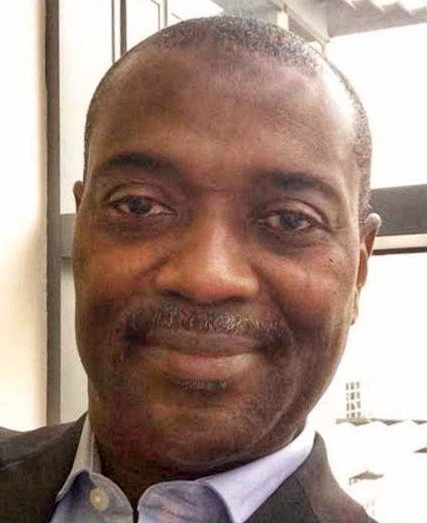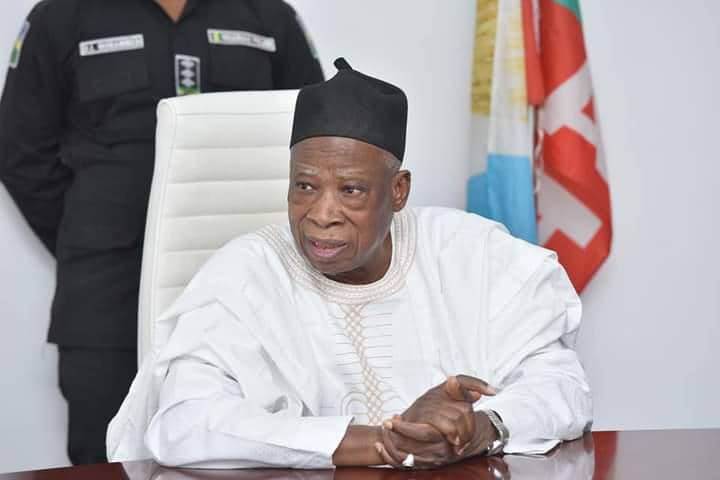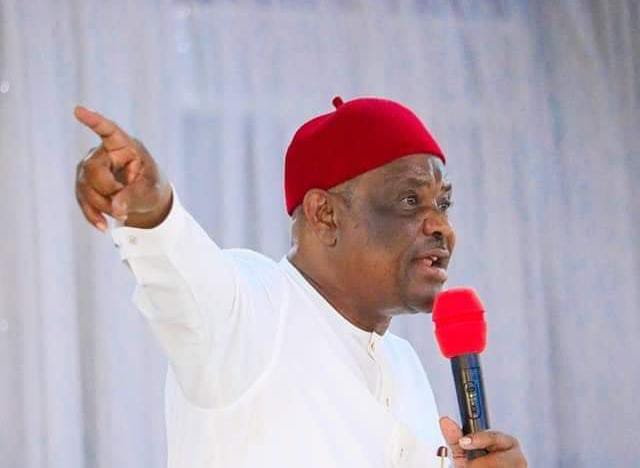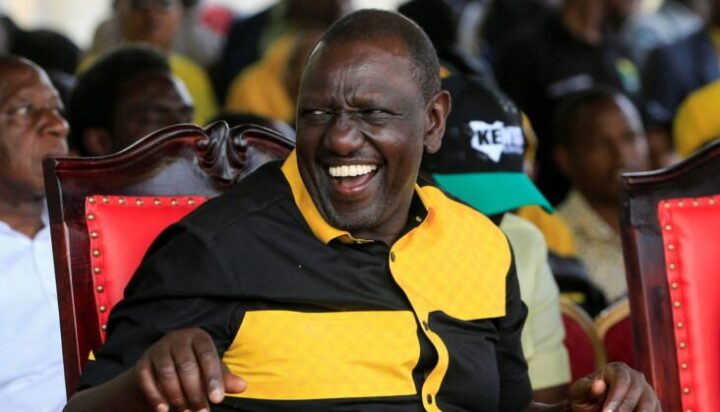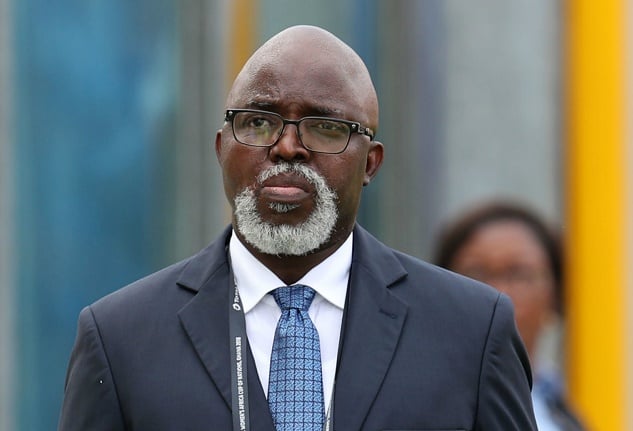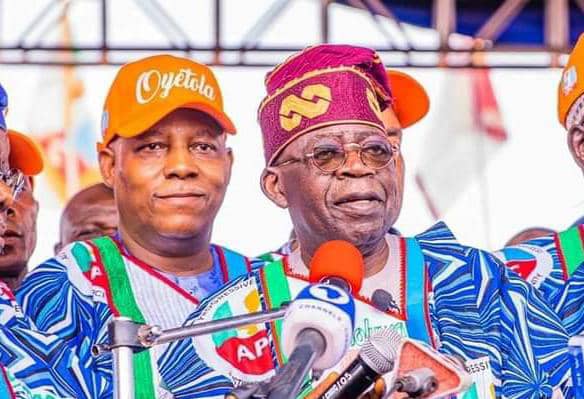In his short opinion piece, Mohammed Jibril advised Nigerians regarding the forthcoming elections. The real problem, however, is that the reality of his advice is very complicated. He listed the four indices of tribe, religion, region, and ethnicity as significant players in the election outcome. I will not use the word “tribe”, so let us stick with the other three labels – religion, region, and ethnicity. In any case, ethnicity helps us capture what he means by “tribe”.
The upcoming election will probably be the worst we have had since 1999 in terms of not being seriously competitive. That is my honest reading of it so far. However, I can’t entirely agree with him that the upcoming election would be keenly contested. As a people, we are fond of overdramatising and raising the temperature in public spaces once an election is approaching in Nigeria, especially since 1999. Some Nigerians are talking about relocating and planning for it, and some talk about the aftermath if it doesn’t go a particular way. I think we have been here before. Even this one will pass.
When considering the named three key indicators, region and ethnicity overlaps significantly and have always been key player in national elections. Religion has never really played a dominant role so far in federal elections. We suspect it plays some underlying part now and then, but we always manage to vote across religious divisions. Maybe it will play a dominant role in this upcoming election, but I doubt it. We must wait and see. We have a significant candidate from the three major ethnic groups for the first time. So, if people vote predominantly on ethnicity/region, we could have a stalemate and a runoff election for the first time. But, I doubt that this would be the case. So, none of the three major ethnic groups could win the presidency without collaboration with at least one other dominant group or a collection of all minorities. The former option is more accessible than the latter.
The problem is that Nigerians belong to one of the ethnicities. Therefore, they will receive the advice of not voting on an ethnic/regional basis with suspicion, exceptionally if you are persuading others of the same ethnicity to vote for any candidate outside of your ethnicity/region. If otherwise, you campaign for someone outside your ethnicity/region, they may easily classify you as selling out. Therefore, irrespective of the dilemma you face as an individual in your campaign and persuasion approach, you should still follow your conscience in your outreach to others.
Advertisement
Unfortunately, I am not sure I can help with the following problem I will highlight here. My problem is the arrogance of the three major ethnic groups (Igbo, Hausa, and Yoruba) and their attitude of confidently arguing publicly about the “deserved” rotation of power among the three of them. You may find the evidence in the “emi lokan” or “awa lokan” episode. There have been enough dance, drama, skits, jokes, and insults around this that it requires no further explanation. Yet, another ethnic group counters this eloquently with the argument that “we are the only major ethnic group that has been left out of the presidency since 1999, so it is deservedly our turn”. One argument from the north is that neither the north-east nor the north-central has produced a president since 1999. Therefore, if you do not classify southern Nigeria as a single block, you should equally not classify northern Nigeria as a single block. So, all three groups find a way to present some rationale arguments. Whether you agree or not is a different discussion.
With a clear consensus that there are well over 250 ethnic groups and nationalities in Nigeria, when exactly will the presidency be the turn of any of the remaining over 200 ethnic groups? Nobody talks about that. Does it mean there are no competent people from other ethnic groups who could turn Nigeria’s fortunes around? Barring an accidental President Goodluck Jonathan (an Ijaw man), the three major groups seem utterly uncaring for other ethnicities and their rights to the presidency. Would we ever get to the point that an Ijaw, Kanuri, Ibibio, Tiv, Anang, Bachama, Bassa, Bini, Ebira, Eket, Ibibio, Ikewerre, Kono, Mbube, Obolo, Ogori, Urhobo, Zabara, Yagba or Kambari among others lay claim to the presidency? Should it be about our ethnic group or about the ability of the candidates to turn things around and make a significant contribution to national development, integration and cohesion?
Should we find a straightforward way for national integration and a sense of belonging through competent leadership? If we were to rotate the presidency by ethnic groups, how many years would it take before it goes around all groups for one time? Is an ethnic group more important merely because it has the numbers? Or is it that once the three major Hausa, Yoruba and Igbo ethnic groups are happy, the rest of Nigeria should be satisfied? Interestingly, these three major groups are unhappy as they all argue they have been left out, short-changed and disadvantaged.
Is this not why we have Atiku Abubakar and Rabiu Kwankwaso on the ballot eight years after Muhammadu Buhari? We have a Bola Tinubu on the ballot after the previous eight years of an Olusegun Obasanjo. We have a Peter Obi on the ballot even if we can at least point to a short time in power by former leaders (Nnamdi Azikiwe/Aguiyi Ironsi) from that region. This major ethnic group is the only one that has not been in the presidency since 1999, nonetheless. The central point is that many other ethnic groups have not even occupied the first seven positions in governance; forget about the number one position.
Advertisement
Going back to Mohammed Jibril, I agree with him that democracy is a game of numbers. Unless this forthcoming election would go entirely off projections and both electoral history and conventional practices, it does not appear to me as a very competitive election as some make it. The majority, perhaps, hope things would turn out differently than anticipated. Sadly, all pointers are that this would be the least competitive election in Nigeria’s history. Atiku, Kwankwaso, Obi and Tinubu are the four front runners. Only two look more predictable to have the required constitutional spread of 25% from 24 states, a requirement to be pronounced winner. None of the four candidates is a new guy on the block. They all belong to the old tradition and old politics. At one time, three of the four belonged to the same political party. If you look hard enough and you are sincere, you will find something not too glamourous to pin on all of them.
Suppose we could flip this situation and have one newcomer in the block as a great candidate. Suppose the person has a clean record and trajectory, with vision, energy, youthfulness and vibrancy of modernisation and contemporary ideas. Don’t we all have a sound reason to rally around such an individual for a good cause? Yet, that can hardly work at this point in the life of an election cycle because it is too late. It must have started during the election primaries. Such individuals would stand a better chance if they represented a major political party, not a wannabe one.
Nigeria’s electorates are not as sophisticated as we would like them to be. A Nigerian president with a weak political base is likely to be a time bomb. Politicians are desperate people; they would take little time to organise a grand exit (impeachment or related) for such a president. Alternatively, they could defect in large numbers to strengthen his foundation but ultimately compromise his powers. Politics is also a game of compromises, remember? We cannot pretend we do not know what our people are capable of regarding money and power.
My main argument is simple and goes to the foundation of our politics. The present system is not working for us. It does not allow new blood and great minds to thrive. Many good people with great ideas run away from Nigeria’s politics. Some had dared previously got their hands burnt and retrieved into their shells. Can we change the way we do our politics and make it more inclusive? Can we make it less expensive? Can we change the representation system? Can we change the power structure? Can we find a way to encourage people with fresh and great ideas to show interest and participate? Can we devolve powers away from the centre and seek more accountability? Can we strive to make our regions/states/local authorities, whatever we call them, more competitive? Can we compete by generating more resources rather than desperately arguing over the meagre resources we presently have since we can enhance these? Can we share national resources differently, more fairly?
Advertisement
We will only be scratching the surface if we do not have these more challenging conversations. Most Nigerians can see the picture, smell the coffee, and have a rough idea of who might win or lose the upcoming elections. Yet, many are not so comfortable with or confident about this likely outcome. We engage in digressions and appealing political speak and political correctness. We might be a long way away. Sadly, I have no answers to my numerous questions, but I would be glad to be proven wrong in my pessimism and lack of excitement. We might just be starting another unending cycle of hope from hopelessness.
Gbadamosi can be reached through [email protected]
Views expressed by contributors are strictly personal and not of TheCable.
Add a comment
